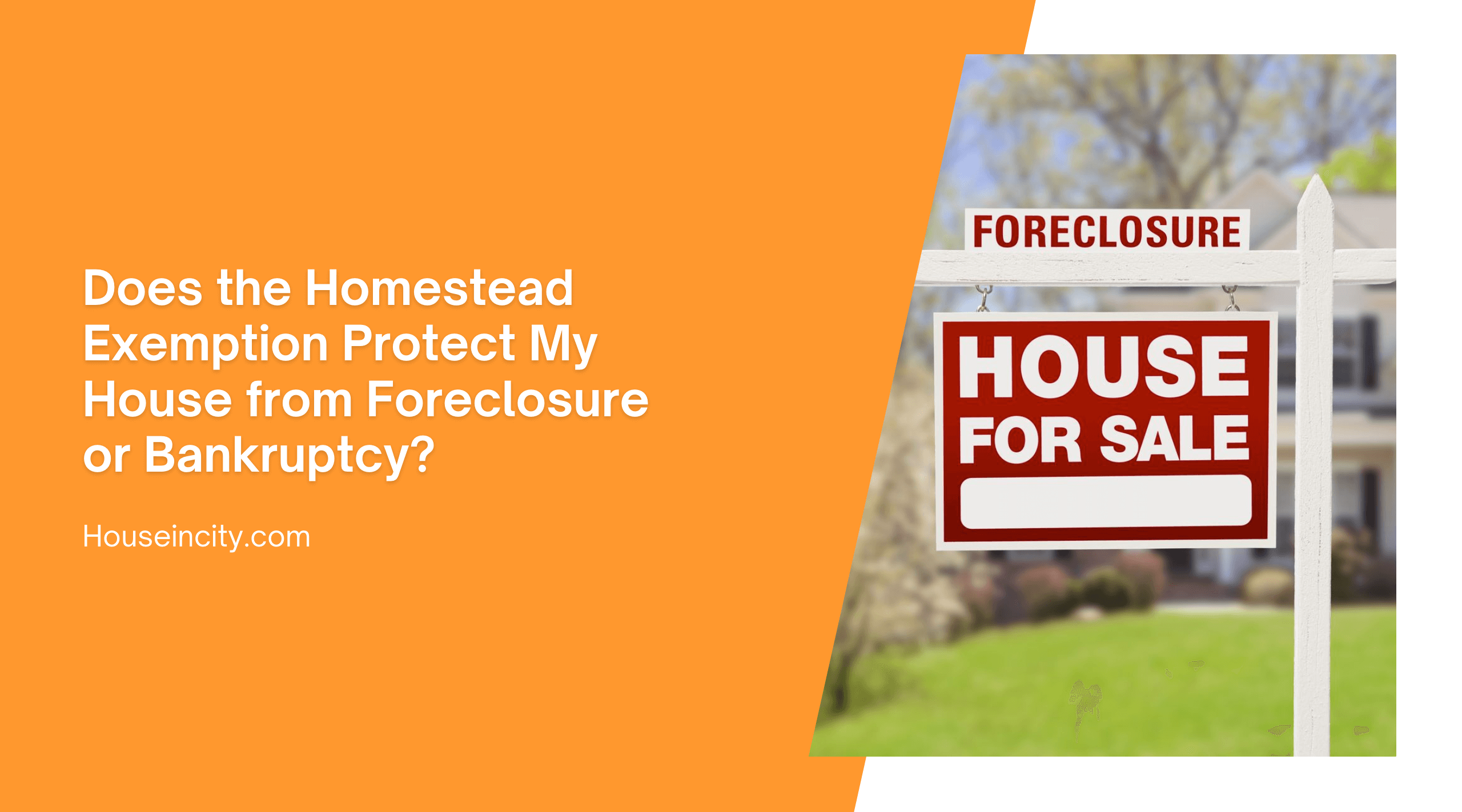With foreclosures and bankruptcies on the rise, many property owners are concerned about losing the equity they have in their homes. One of the legal measures that homeowners are exploring is the homestead exemption, sometimes known also known as a homestead declaration. In certain situations, filing a Homestead Exemption may protect your property from being seized by creditors.
The Homestead Exemption law dates back to the late nineteenth century and was designed to protect the value of the family homestead as a result of death or extreme financial hardship. The Homestead Exemption served three important functions by preventing the forced sale of a primary residence to meet the demands of creditors; providing the surviving spouse with a home to live in; and providing an exemption from property taxes which can be applied to a home.
How does it work?
Twenty seven states provide some degree of protection under the Homestead Exemption laws, and while it sounds like a great solution to protecting your equity, the exemption does have some limitations.
The Homestead Exemption does not mean that the equity of your home is protected no matter what happens. If you put up the equity of your home to secure a loan, owe back taxes, or have a mechanic’s lien on your property, the home can still be forced into a sale to satisfy these debts. What it does protect you from in most cases is the complete loss of your home equity due to financial hardship such as medical expenses, death of a spouse, bankruptcy, or a delinquent credit card debt. Worth remembering is that the Homestead Exemption only applies to your primary residence and not secondary or vacation homes.
In a few states, the homestead exception for the primary residence comes automatically when the home is purchased. In others, it has to be applied for by the owners who have to proclaim the home as their primary residence in order to benefit. Applications to file for a Homestead Exemption or Declaration can be found at the City or County Recorder’s office.
All states have different homestead laws, and the amount of protection ~ if any ~ can vary. In some states, a primary residence can not be touched by a judgment or bankruptcy at all. Other states may limit the protection to a certain dollar amount, or even a certain parcel size. To find out about the Homestead Exemption law in your state, search your states’ home web site and type the words “homestead exemption” in the site’s internal search engine. For more comprehensive information about the Homestead Exemption and if it can be filed to protect the equity in your home, it is strongly recommended to consult an attorney. A competent real estate or estate attorney can advise you on the protection offered by the Homestead Exception and if it applies in your situation.
disclaimer: this article is not intended to be a substitute for legal advice. Property owners who are concerned about losing the equity in their home due to creditor or other legal action are strongly urged to see an attorney.
